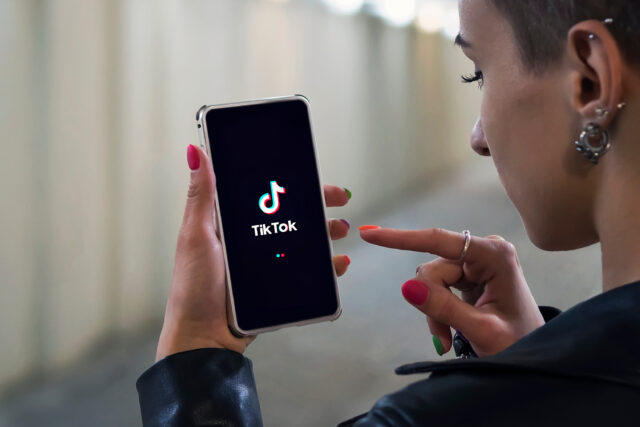August 06, 2025
Generative AI: The Smartest Travel Companion of Summer 2025

Generative AI has entered the travel chat, and it’s making waves. According to new Qlik research, many vacationers are embracing generative AI as a trusted travel companion. The findings point to a broader shift in how people make decisions, not just in the boardroom, but also on the beach, in the mountains, and everywhere in between.
While only 10% of travellers said they used AI tools to plan their summer trips this year, confidence in AI-generated recommendations is surprisingly high. In fact, 62% of travellers reported trusting AI suggestions, and almost a quarter (23%) said they would be comfortable letting AI handle their entire booking process without any additional research.
Trust in AI Is Well-Earned
As many as 92% of those who used AI to plan their vacations said that the results either met or exceeded their expectations. Rather than just helping travellers book flights or hotels, AI plays a role in shaping richer, more rewarding travel experiences.
According to Qlik CEO Mike Capone, this growing reliance on AI highlights a fundamental shift in how decisions are being made across both our personal and professional lives. “When technology can surface new possibilities with context and clarity, it changes expectations. People start to look for that same kind of responsiveness at work, where we enable this kind of in-the-moment discovery at scale, with the clarity and confidence that enterprise decisions demand.”
For many, that means discovering destinations they might never have considered. According to data, nearly four out of five AI-using travellers (78%) uncovered new places to visit thanks to AI’s recommendation engines. On average, respondents who used AI tools shaved nearly seven hours off their planning process, with most reporting time savings between five and ten hours.
Financial Benefits
Budget-conscious travellers are also seeing real financial benefits. While about one in five (19%) reported actual savings by using AI, nearly two-thirds (64%) were able to stay within their vacation budgets thanks to AI-driven planning tools. These tools help by tracking pricing trends, providing smart suggestions, and even optimising itineraries to avoid costly missteps.
Increasingly, travellers are utilising generative AI to navigate the complexities of travel in real-time. From providing up-to-the-minute updates on traffic and weather delays to offering curated restaurant suggestions or helping uncover hidden local gems, AI is proving its value on the ground, not just during planning. According to the survey, 38% of travellers used AI to manage logistics during their trips, while over a third turned to it for local dining tips or off-the-beaten-path experiences.
The Role of Demographics
Younger travellers are far more likely to embrace AI in their vacation planning, with 25–34-year-olds being nearly seven times more likely to use AI than those aged 55 and up. There’s also a clear gender gap: men are more than twice as likely as women to use AI tools for vacation planning. Geographically, cities like San Diego, Austin, and San Francisco are leading the charge, highlighting a trend of AI adoption flourishing first in tech-savvy, innovation-forward regions.
But what’s perhaps most fascinating is how AI’s success in travel contrasts with its adoption in other industries. While 62% of travellers trust AI for vacation planning, only 27% trust it with financial advice, and a mere 13% would use AI for shopping guidance. This gap shows how context and perceived risk shape consumer behaviour. In travel, where the risks are relatively low and the rewards are immediate, people are more willing to experiment.
As generative AI becomes more embedded in daily routines, its impact on how we travel offers a glimpse of its potential to enhance and possibly redefine how we live, work, and experience the world.



